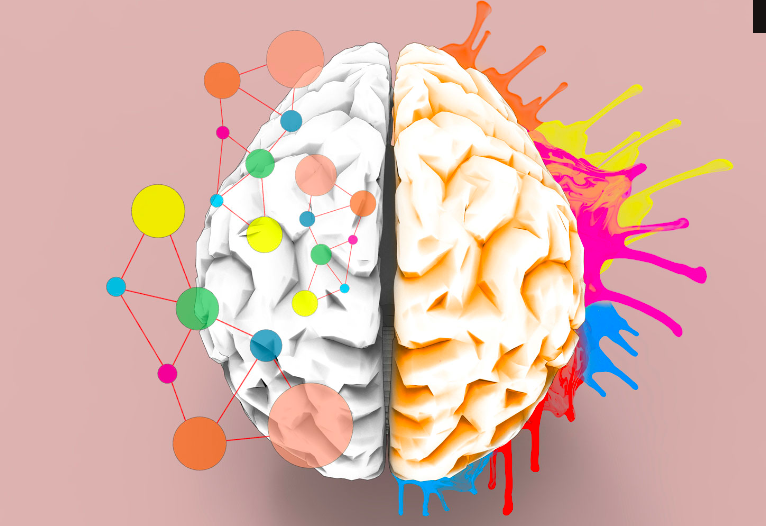6 ways in which memory influences writing
Memory is subjective and prone to biases, which can influence the writer’s perspective and interpretation of events. Additionally, memory can be fallible, leading to the potential for inaccuracies in writing. However, writers can employ various techniques, such as research and fact-checking, to mitigate these limitations and enhance the reliability of their work. Memory plays a significant role in the process of writing. It affects both the content and the quality of written work.
Here are some ways in which memory influences writing:
- Content and Ideas: Memory provides a writer with a vast pool of knowledge and experiences to draw upon. Our memories are a collection of personal experiences, observations, and acquired information. These memories serve as a foundation for generating ideas, developing characters, constructing plots, and creating vivid descriptions in writing.
- Recollection of Details: Memory helps writers remember specific details, such as names, dates, locations, and events, which are crucial for maintaining consistency and accuracy in their writing. Whether it’s recalling historical facts for a non-fiction piece or remembering character traits for a novel, memory enables writers to incorporate relevant details into their work.
- Emotion and Empathy: Memory is closely tied to emotions. When writers draw upon their memories of personal experiences, they can tap into the associated emotions and convey them effectively in their writing. This helps create a connection with the readers, making the writing more relatable and engaging. Memory also enables writers to empathize with their characters’ emotions and bring them to life on the page.
- Narrative Structure: Memory aids in organizing and structuring the narrative flow of a written piece. By recalling the sequence of events or using memory techniques like flashbacks or foreshadowing, writers can craft a compelling storyline that captures the readers’ attention. Memory allows writers to maintain consistency in plot development and character arcs, ensuring coherence in their work.
- Language and Vocabulary: Memory plays a crucial role in language acquisition and vocabulary development. Writers rely on their memory of words, phrases, idioms, and grammar rules to express their thoughts effectively. Additionally, memory helps writers recall literary techniques, literary devices, and examples from past readings, which they can employ in their own writing to enhance style and impact.
- Revision and Editing: Memory is instrumental during the revision and editing process. Writers rely on their memory to identify inconsistencies, plot holes, and grammatical errors in their drafts. Memory also enables writers to evaluate the clarity and coherence of their ideas, ensuring that the writing effectively conveys the intended message.







